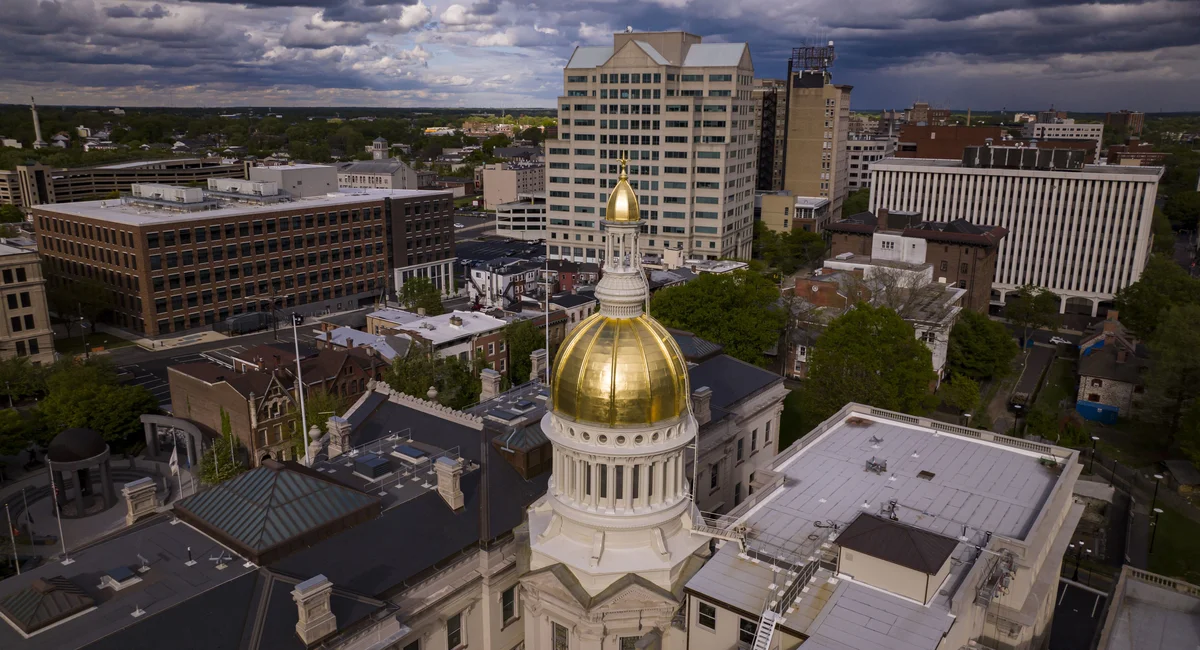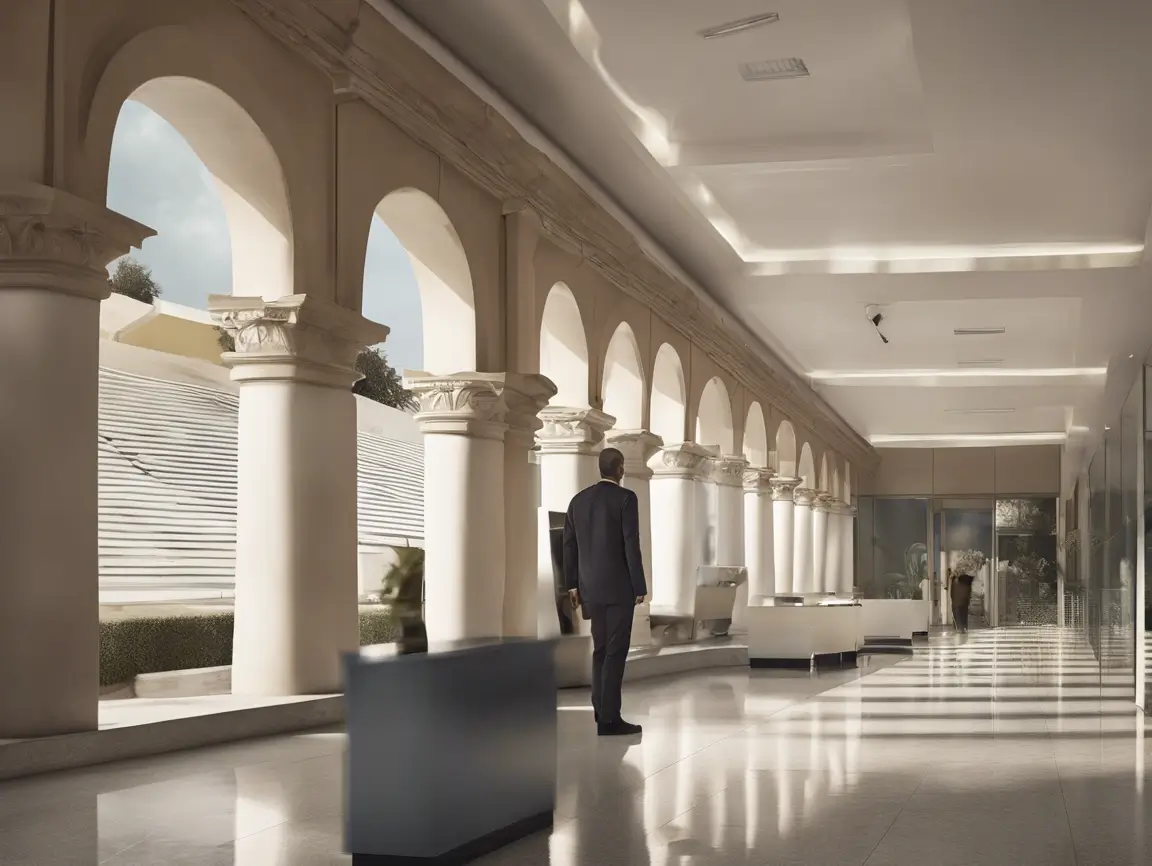New Jersey Gov. Phil Murphy and legislative leaders have once again hashed out a budget behind closed doors just in time to avert a government shutdown — leaving little time for lawmakers to review more than $56 billion in spending. Among the key provisions:
The state will be investing more than expected in a program slated to give senior homeowners as much as $6,500 in property tax relief per year starting in 2026. The budget will meet a key priority for the governor: a 2.5% surcharge on New Jersey’s existing 9% corporate tax for 600 companies that make at least $10 million in profits annually to raise funds for the ailing NJ Transit. That would give the transit agency its first dedicated funding source in its history. The so-called corporate transit fee is meant to help stave off a $1 billion fiscal cliff for NJ Transit and would sunset after five years.
The transit deal essentially revives a corporate tax that Murphy let expire in 2023 over the objections of progressive groups that said doing so shifted the tax burden to residents. But business groups have railed against the surcharge as hostile to industry, noting that even the base rate of 9% is one of the highest corporate tax rates in the nation. Lawmakers are anticipating full votes on the fiscal year 2024-25 budget in their chambers on Friday. That gives Murphy just enough time to sign a budget before the current fiscal year ends on June 30. It also leaves legislators just two working days to review the 400-page document.
Stay NJ Support
The budget adds $220 million to the $100 million that the state set aside in 2023-24 to shore up the eventual implementation of Stay NJ, which would allow homeowners older than 65 to halve their property taxes, up to $6,500, starting in 2026. That’s $20 million more than Murphy had laid out in his own budget proposal in February and represents a sign of commitment as questions remain over how to fund the relief.
Murphy and lawmakers first agreed to the program, which was championed by Assembly Leader Craig Coughlin, in 2023. But for the program to go into effect in 2026, the enabling legislation requires the state to operate with a 12% budget surplus. That remains a significant challenge. Under the proposed budget, the surplus for the next fiscal year would be $6.1 billion, down about $2 billion from the previous year and short of the 12% threshold. The state would need to either increase that ratio or pass new legislation to let Stay NJ go through without meeting the requirement.
Stay NJ is estimated to cost about $1.3 billion, as Murphy and legislators stare down declining tax revenues. Progressive groups, including New Jersey Policy Perspective, have criticized the senior tax credit program as regressive because it doesn’t include any benefits for non-property owners. The think tank also argues that under the recommendations made by a state task force late last month — which were enshrined in legislation introduced with the budget — New Jersey’s wealthiest seniors would receive the biggest benefits from Stay NJ.
That’s because the task force plan calls for no household to get more than $6,500 in combined benefits from Stay NJ and two other existing tax relief programs. People who benefit from the state’s existing Anchor property tax rebate program (a signature Murphy initiative that provides rebates of up to $1,750 for renters and homeowners) and the existing Senior Freeze tax rebate program (which reimburses seniors and disabled individuals for some tax increases) will see benefits from those benefits deducted from their Stay NJ credits. Since very wealthy households don’t qualify for Anchor or Senior Freeze, they wouldn’t lose any of their Stay NJ benefit because of them.
Corporate Transit Fee
As expected, next year’s budget calls for a 2.5% surcharge on all companies in the state that net more than $10 million annually. In combination with a recently approved fare hike, the funds are expected to help NJ Transit head off an anticipated $1 billion shortfall next summer. The Murphy administration has previously said the corporate transit fee is expected to raise $818 million for transit.
The budget makes the new corporate fee retroactive to January 2024, a key objection for business groups. “This will cause companies to go back to a budget they already struck and to money they’ve already committed elsewhere, and perhaps spent, to find that 2.5% to pay back to the state, after the fact,” said Michele Siekerka, head of the New Jersey Business and Industry Association, in testimony to lawmakers. “This causes many of these companies to have to restate their financial statements.”
Siekerka also argued that the 11.5% combined base tax and surcharge would drive companies out of New Jersey, as other states lower their own corporate taxes. The budget leaves the NJ Transit fare hike in place. Effective July 1, ticket prices go up 15%, and they’re expected to rise 3% a year going forward.
Legislation advanced with the budget would dedicate the new funds specifically to NJ Transit starting in the 2025-26 fiscal year when NJ Transit’s massive shortfall was otherwise expected to come into play. The agency has never before had a dedicated funding source and instead relied on large injections from the state’s general budget and other programs.
Other Notable Provisions
- The budget makes an $11.7 billion allocation for the state’s school funding formula, fully funding the formula for the first time since it became part of state law in 2008 and completing a seven-year ramp-up toward doing so.
- The budget allocates $7.1 billion for the state’s pension system, marking the fourth year in a row that New Jersey will have made a complete payment to the system.
- The budget speeds up Gov. Murphy’s planned phase-out of a sales tax exemption for electric vehicle owners, NJ.com reported on Thursday. Buyers could pay 3.3% in sales tax as early as the fall and would pay the state’s full 6.625% sales tax starting next summer, the report said.






